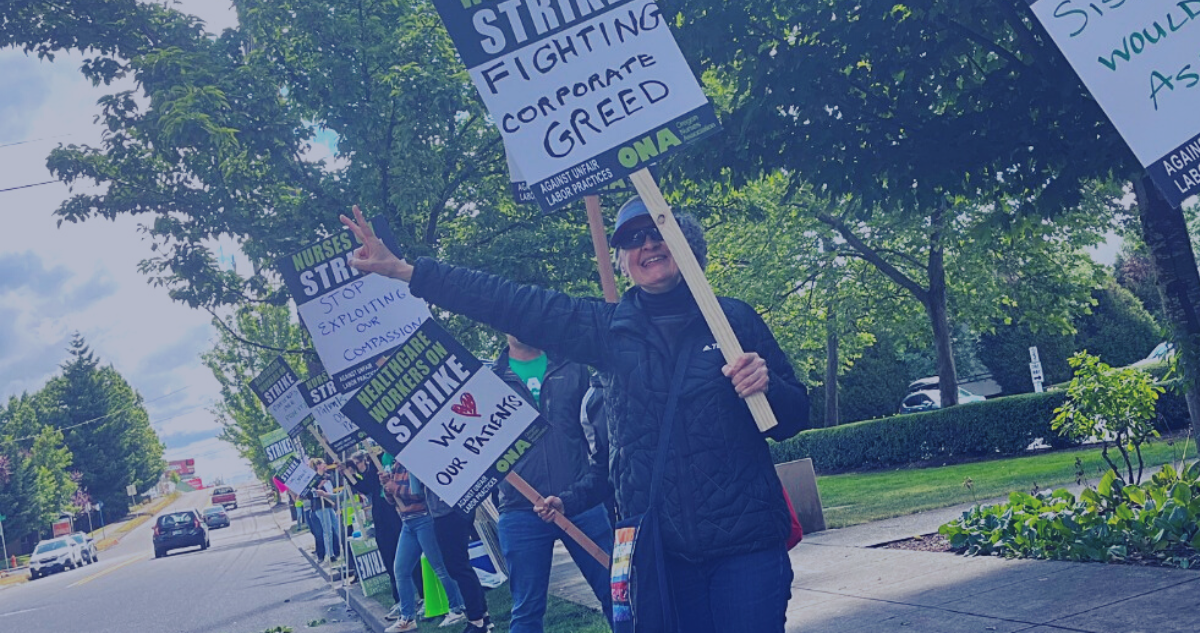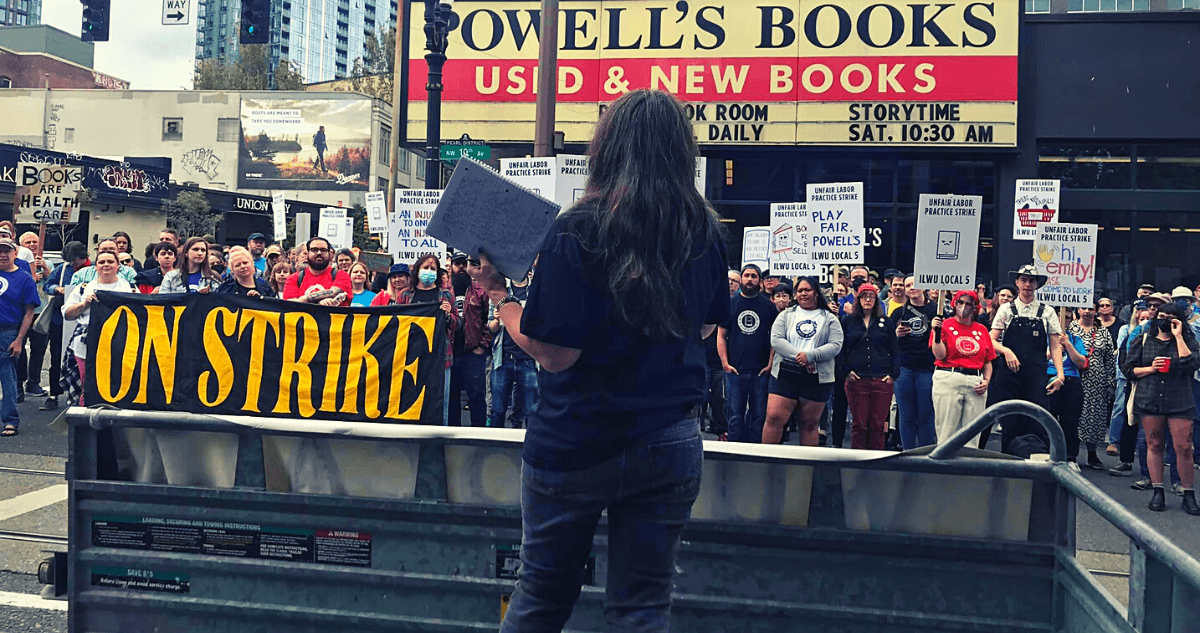News Release
An analysis of today’s employment numbers shows that there are fewer jobs for working-age Oregonians than in the worst year of the previous recession, which was 2003.
The analysis by the Oregon Center for Public Policy in Silverton also shows that the ratio of jobs to workers will not surpass the 2003 low point until 2015.
Based on today’s release of employment numbers, OCPP estimated that there are now 67.2 nonfarm payroll jobs in Oregon for every 100 working-age Oregonians, compared to 70.2 jobs for every 100 working-age Oregonians in 2003. Analysis of the state’s most recent economic forecast shows that the job market will not exceed the 2003 level until 2015, according to OCPP.
“The prospect that the dismal job market will stretch over several years underscores the need for a stable public sector,” said OCPP policy analyst Michael Leachman. “Sustaining public spending on health care, schools, universities and assistance for vulnerable families will keep the job market from deteriorating even further.”
The Oregon Employment Department reported today that the state’s unemployment level was 12.0 percent in April, essentially unchanged from March. The state has lost 103,500 jobs since December 2007.
The picture will get worse before it gets better, according to the public policy research institute. In 2010 the jobs-to-workers ratio is expected to fall to 65.7, said Leachman. In other words, next year there will be four fewer jobs for every 100 working-age Oregonians than during the worst year of the prior recession.
Oregonians faced an unfavorable job market even before the start of the current recession, said Leachman. He noted that despite several years of economic growth, the number of available jobs compared to the working-age population never bounced back to the level of 2000, just before the onset of the last recession.
“Oregon workers never regained the relatively strong bargaining position they enjoyed in 2000, so wage gains lagged even as the economy rebounded,” said Leachman.
In view of the relative scarcity of jobs, the state must step in to keep the situation from getting even worse, according to Leachman.
“Public investments preserve and create jobs in the short term and bring matching federal dollars into the state economy,” said Leachman. “In the long term, they help lay the foundations for future growth.”
One example, according to Leachman, is the Temporary Assistance for Needy Families (TANF) program, which provides cash assistance to very poor families who cannot find work. “For every dollar Oregon spends sustaining the TANF program,” he said, “we get four dollars in federal stimulus money. That money stays in Washington, D.C., if we slash TANF.”
Investing in TANF helps reduce child poverty, bringing long-term economic benefits to Oregon, said Leachman. He cited a respected national study finding that child poverty costs the U.S. $500 billion annually in lost economic activity.
Leachman also recommended that Oregon further strengthen its unemployment insurance system, which provides stability to both workers and the economy. He called for Oregon to eliminate the practice of excluding part-time workers from receiving unemployment benefits and to allow low-income workers to receive job training while receiving benefits.
“Workers will endure tough times over the next few years,” said Leachman, “but now is the time to plant the seeds for a future of broadly shared prosperity.”
The Oregon Center for Public Policy is a non-partisan research institute that does in-depth research and analysis on budget, tax and economic issues. The Center’s goal is to improve decision making and generate more opportunities for all Oregonians.








